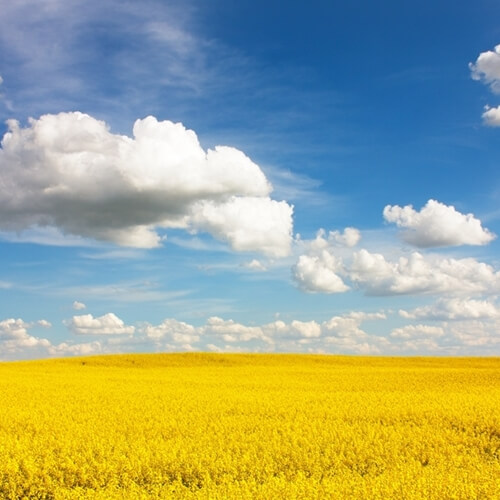Are drones the future of farming?
Many people imagine farming as a quaint, rural enterprise that requires a tremendous amount of manual labor. While agriculture indeed requires a lot of work and dedication, the country myth certainly no longer exists in the traditional sense. Though farmers may be surrounded by miles of crops, agricultural technology is increasingly becoming the norm, and modern advancements are making farming more efficient and environmentally friendly. For chefs of various international culinary schools, such technology may someday lead to new ingredients in the kitchen and produce with optimized nutritional value. Drones and other automatons are essential to this process and are changing the course of a farmer’s daily work.
How drones can help
Drone technology is used for everything from military applications to novel ventures such as delivering packages. Yet one of the biggest industries these unmanned vessels may alter is farming. According to Mashable, unmanned aerial vehicles can be used to monitor crop health and assists in finding areas where conditions need to be improved. Imagine if these machines could be used to identify plots of land that are in need of fertilizer, don’t get enough sunlight or are being damaged by insects or disease. While the legislation regarding the use of drones is still a work in progress, it likely won’t be long before UAVs play a pivotal role in managing the health of our food supply.
Precision Drone, a commercial producer of agricultural UAVs, states that these devices can increase crop yield while minimizing costs for farmers. The company notes that its drones are easy to use, can follow field borders and come with a failsafe button that commands the craft to return to its point of takeoff immediately. As these devices become increasingly user-friendly, it’s possible more farmers will adopt them in order to save costs and improve sustainability practices.
From an environmental standpoint, if drones can demonstrably increase crop yield, then these machines may play a big role in benefiting the global food supply. Food is in increasingly high demand as the population increases and the middle class grows worldwide. According to Oregon Live, the world’s middle class is expected to triple by 2050, making current agricultural practices unsustainable. Embracing the juxtaposing ideas of environmental technology and farm-to-table practices may potentially lead to long-term ecological benefits and change the way our food is produced on a mass scale.


